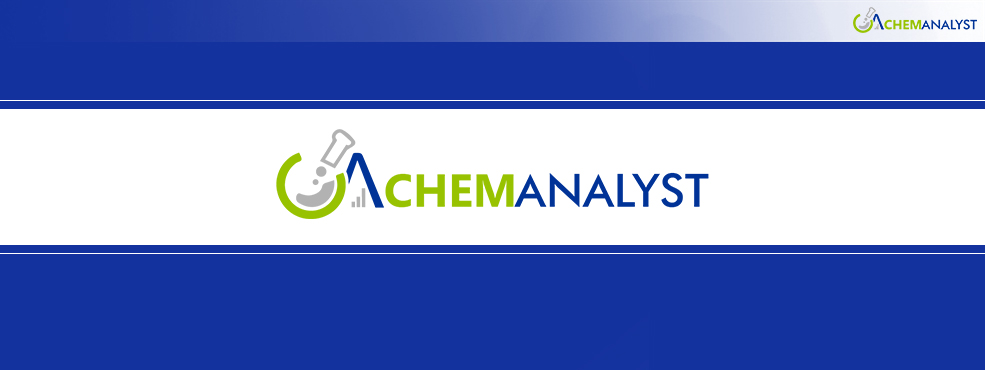Welcome To ChemAnalyst

Hanwha Ocean is making significant strides in its commitment to eco-friendly shipbuilding, announcing on June 4, the signing of three Memorandums of Understanding (MOUs) at Nor-Shipping 2025 in Oslo. These strategic collaborations with global classification societies, Korean Register (KR) and Norway's DNV, are set to accelerate the development of advanced sustainable maritime technologies, particularly in the realm of ammonia and LNG carriers.
A core focus of Hanwha Ocean's new partnerships is the development of larger ammonia carriers. The company has entered into an MOU with Korean Register to jointly develop a 150,000 CBM (cubic meter) very large ammonia carrier. This initiative marks a substantial leap from the current largest ammonia carriers under construction, which have a capacity of 93,000 CBM. The move anticipates a future surge in ammonia transportation volumes, driven by its growing recognition as a pivotal zero-carbon fuel.
In addition to pioneering large ammonia carriers, Hanwha Ocean is also addressing the efficiency and stability of liquefied natural gas (LNG) carriers through its collaboration with Korean Register. A second MOU focuses on technical cooperation for redesigning the fore accommodation of LNG carriers. The innovative plan involves relocating the seafarer's residence, traditionally situated at the ship's stern, to the bow. This design change is expected to maximize the utilization of the ship's rear space and enhance the efficiency and stability of mooring and unloading operations by linking with forward mooring equipment. This optimization is crucial for improving operational fluidity and safety in port environments.
With DNV of Norway, Hanwha Ocean will pursue technical cooperation related to MC-type fuel tanks, specifically focusing on MCTIB fuel tanks. These tanks utilize manganese as a material, offering a significant reduction in production costs compared to conventional nickel fuel tanks. The collaboration aims to develop technology to increase the vapor pressure limit of MC-type fuel tanks. This advancement is designed to optimize the tanks for "cold ironing" environments, where ships utilize external power sources while docked, turning off their onboard generators. This technology can contribute significantly to carbon-neutral shipping by extending the storage time of residual gas in the fuel tank, further reducing emissions during port stays.
A Hanwha Ocean official emphasized the company's strategic vision: "Hanwha Ocean is accelerating the commercialization of eco-friendly ship technology through strategic collaborations with global classification societies and major partners. We will increase technological reliability and lead international eco-friendly standards through the development of various joint projects."
We use cookies to deliver the best possible experience on our website. To learn more, visit our Privacy Policy. By continuing to use this site or by closing this box, you consent to our use of cookies. More info.
